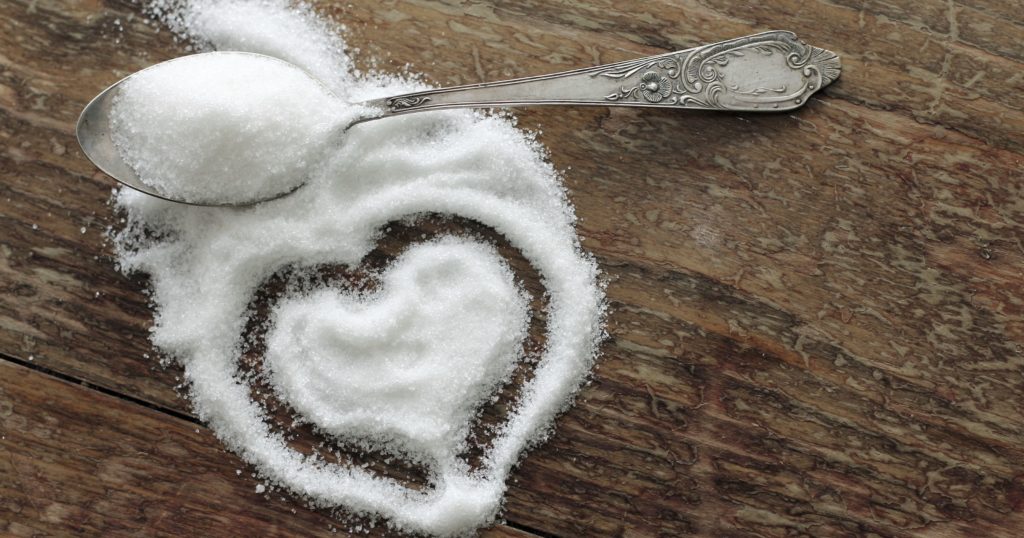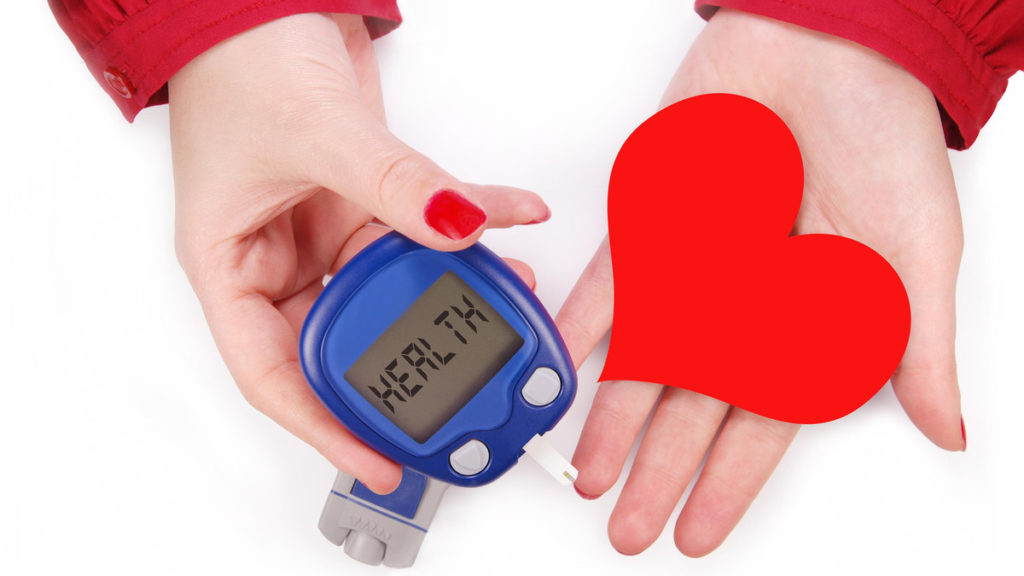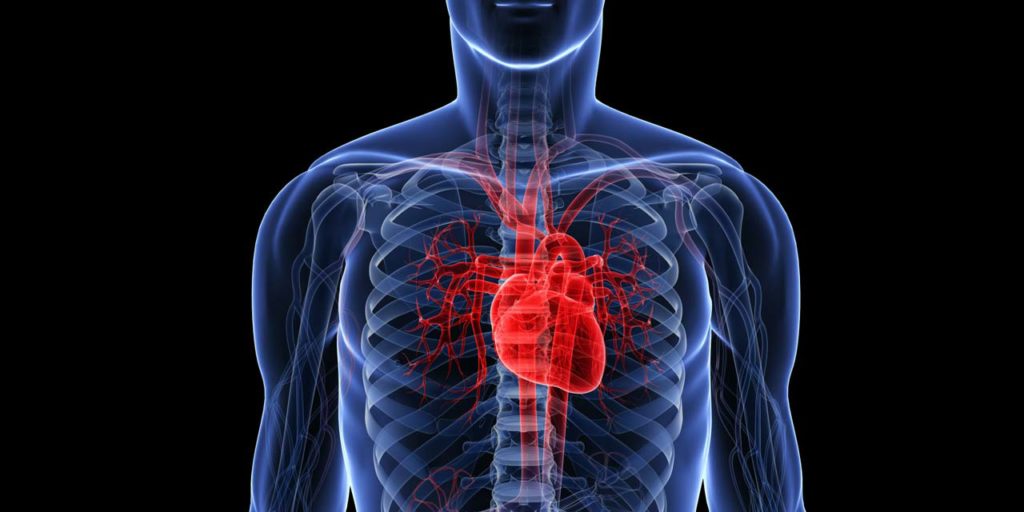Too much sweetness is bad for your heart. Literally.
You might already have an idea what we’re talking about since the Internet is replete with these kinds of cheesy, but often true, fact-lets. Sweets, in moderation, are good, even needed actually. Our bodies run on carbohydrates, the energy needed by our billions upon billions of body cells to function. But then, too much and they start building up… leading to serious health complications that can be very much debilitating to your health or worse, lead to an early death. A condition otherwise known as Type 2 Diabetes.
A chronic condition that is associated with abnormally high blood sugar levels in the blood, diabetes is predicted by the Center for Disease Control and Prevention to afflict as much as 1 in 3 Americans by 2050. The pancreas of a diabetic produces insufficient amounts of insulin, an important hormone that lowers blood glucose.
Previously, Type 2 Diabetes was known as adult onset diabetes compared to Type 1 Diabetes which was called juvenile onset. However, this changed when health experts noticed that the people who contract type 2 Diabetes get younger and younger. This made Type 2 virtually indistinguishable from Type 1 if the indication is the age people got the condition.
Health experts and doctors generally blame this rise in number of diabetics and the gradual lowering of the median age of people who have Type 2 Diabetes to one factor: Sugar.
Sugar as the Enemy

It was only recently when the world began viewing sugar as the enemy instead of cholesterol. For countless of years, cholesterol was seen as the public enemy number one of health conscious individuals, doctors, and even the general public.
Cholesterol was declared as the primary culprit that leads to fatal complications such as heart attack and stroke, fatty foods were demonized, and people were advised against including them in their diets. However, people still kept on dying. Even those that subsist on fat-less diets or generally refrained from eating fatty foods. And the strangest phenomenon that happened during this time period was the rise of diabetes-related fatalities. Cholesterol was no longer seen as the most sinister enemy. Its place was taken by Sugar.
 It wasn’t long before health experts began coming up with low-carb diets, those that emulate the lifestyle of people who live in the Mediterranean coast. This diet, with an emphasis on olive oil and fatty nuts, is a way for the body to boost its “good cholesterol.” Another diet, the paleo diet, extols the virtues of, you guessed right: low-carb, high-protein, and high-cholesterol foods. While the first is focused on reducing the risk of heart attack, stroke, or even death from cardiovascular diseases, the second are all about limiting your carbohydrate intake as much as possible.
It wasn’t long before health experts began coming up with low-carb diets, those that emulate the lifestyle of people who live in the Mediterranean coast. This diet, with an emphasis on olive oil and fatty nuts, is a way for the body to boost its “good cholesterol.” Another diet, the paleo diet, extols the virtues of, you guessed right: low-carb, high-protein, and high-cholesterol foods. While the first is focused on reducing the risk of heart attack, stroke, or even death from cardiovascular diseases, the second are all about limiting your carbohydrate intake as much as possible.
The cherry on top of this all is that it was discovered from The New York Times report that the sugar industry paid scientists back in the 1960s to hide certain information about the negative effect of sugar on public health. The paper also found out that the sugar industry encouraged scientists to shift the blame from sugar to saturated fat.
Diabetes and Your Heart

So… how does a high blood sugar level elevate one’s risk to heart disease?
Simple. Too much glucose can damage the walls of your arteries and from there, make those arteries more likely to develop atheroma or fatty deposits. Once these fatty deposits build up in your coronary arteries (the vessels that supply oxygen-rich blood to your heart), you will contract coronary heart disease. This might result to angina (chest pain) or heart attack. Or both.
Furthermore, the higher your blood sugar levels are, the higher your risk of heart disease. Diabetics are more likely to have heart attacks, with diabetic men having double the risk compared to non-diabetic men and triple the risk for diabetic woman compared to non-diabetic women.
Another worrying facet is the fact that Type 2 Diabetes significantly raises your risk of having “silent’ heart disease – one that doesn’t show any sign or symptom. The nerves in your heart are totally damaged due to diabetes, thereby numbing the chest pains that accompany heart disease.
Risk Factors

Most of you are probably already familiar with the risk factors that you can control, namely: healthy diet to counter high cholesterol levels and obesity, an active lifestyle to rein in high blood pressure and metabolic syndrome, and avoidance of smoking. However, there also risk factors that are beyond control:
- Growing older also exponentially increases the risk of heart disease and heart attack. For men, the risk of heart disease increases once they reach 45, while for women, it is 55.
- If your family has a history of early heart disease, your risk also climbs up. Especially if your father or a brother was diagnosed with heart disease before he reaches 55 years of age, or if your female relatives (mother or a sister) was diagnosed before reaching 65 years of age.
- A condition that can develop during pregnancy, there are two signs of preeclampsia: rise in blood pressure and excess protein in urine. Having this condition increases your risk of not just heart disease but also of heart attack, heart failure, and high blood pressure.
Screening and Treatment

If you have relatives who have diabetes or heart disease, screening is pretty much necessary. More so if you have family history that shows occurrence in every generation. Your healthcare provider might then prescribe medication to counter some of the complications that increases risk of heart disease and diabetes. Take them exactly as prescribed. Also, practice the following to significantly lower your risk of heart disease:
- Maintain a healthy diet
- Follow an exercise plan
- Be physically active
- Quit smoking
- Manage your stress levels
- Maintain a healthy weight
- Take herbal supplements for diabetes
The last one is of importance because these supplements can help reverse your prediabetes – the stage before the jump to diabetes. Reversing your prediabetes can be very crucial since once it’s reversed, you won’t have to worry about increased risks of heart disease due to diabe




